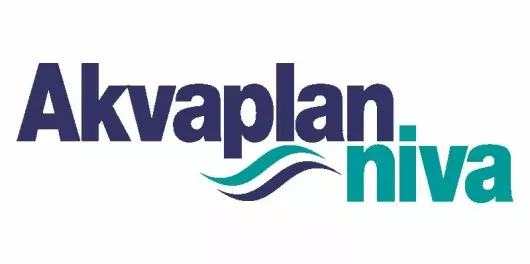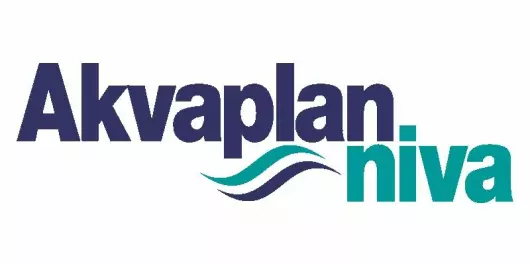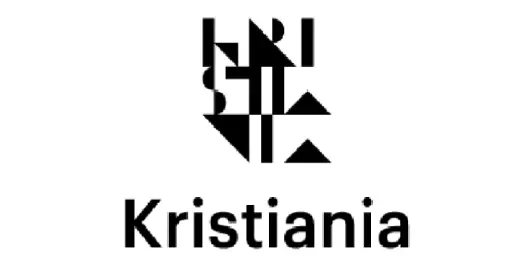Ledig stilling på Universitetet i Oslo
Blindern og Urbygningen (Foto: Wikimedia og Colourbox)
PhD Research Fellowship connected to UiO:Life Science and the project “Artificial Biomimetic systems - the Niche of Islet Organoids (ABINO)”
Deadline: 01.09.2019
Job description
Universitetet i Oslo
The University of Oslo is Norway’s oldest and highest ranked educational and research institution, with 28 000 students and 7000 employees. With its broad range of academic disciplines and internationally recognised research communities, UiO is an important contributor to society.
RITMO Centre for Interdisciplinary Studies in Rhythm, Time and Motion is financed through the Research Council of Norway’s Centre of Excellence Scheme. RITMO combines a broad spectrum of disciplines – from musicology, neuroscience and informatics – to study rhythm as a fundamental property of human cognition, behaviour and cultural expression. The Centre is organized under the Department of Musicology, in close collaboration with the Department of Psychology and the Department of Informatics.
A PhD Research Fellowship (SKO1017) is available at RITMO Centre for Interdisciplinary Studies in Rhythm, Time and Motion at the University of Oslo. The position is part of the newly established convergence environment ABINO funded by UiO's interdisciplinary strategic area UiO:Life Science.
The newly established convergence environment “Artificial Biomimetic systems - the Niche of Islet Organoids (ABINO)” will integrate our knowledge of islet biology and stem cell differentiation pathways, together with expertise in matrices and acoustic-mechanical stimuli to develop novel differentiation protocols for generate insulin producing cells. By applying deep learning and modelling approaches, we will optimize these protocols to improve differentiation efficiency and functionality to true glucose responsiveness insulin producing cells. Development of such model systems could enable (i) therapeutic transplantation to cure diabetes, (ii) studies of diabetes development and progression, (iii) drug-screening for more effective treatments of diabetes.
The ABINO project unites three centers of excellence, HTH (Led by Prof. Stefan Krauss and Dr. Hanne Scholz, RITMO (led by Prof. Anne Danielsen and Ass. Prof. Alexander Jensenius) and FI/CCSE to achieve its ambitious goals. The candidates will be part of a large collaborative interdisciplinary team of basic scientists, clinicians, bioinformatics, physicists, and musicians that will closely interact with the other PhD fellows and post-doctorals.
More about the position
The PhD fellow is expected to carry out a project aimed at developing the theoretical, experimental and analytical tools to generate a systematic set of sound signals that can be used as mechanical stimulation of cells. The aim is to gain new insights into possible effects of acoustic stimuli at the level of cells and to contribute to new differentiation protocols for generating insulinproducing islet cells.
Project tasks:
- Develop a theoretical model for generating sound signals of varying complexity, that can be used for acoustic-mechanical stimulation of cells with the aim of inducing differentiation and maturation processes
- Generate sound stimuli to be used in the experiments
- Use cell response data to update the implemented model
Dependent on academic background, the person appointed will be affiliated with one of three PhD programmes:
The appointment is for a duration of three years, starting 1 January 2019. There might be a possibility to extend to four years.
The fellowship period may be reduced if the candidate has previously been employed in a research fellowship position.
Qualification requirements
- A master’s degree in sound and music computing, acoustics, physics, computer science, or similar that is relevant for the position. The applicant is required to document that the degree corresponds to the profile for the post. The Master's Degree must have been obtained by the time of application.
- Experience with digital signal processing
- Knowledge of music theory, music cognition, machine learning, and/or optimization algorithms will be considered advantageous
- Excellent skills in written and oral English
- Personal suitability and motivation for the position
In assessing the applications, special emphasis will be placed on:
- The applicant’s scientific merit, as well as the quality of the research outline
- The applicant's estimated academic and personal ability to complete the project within the time frame
- The applicant's ability to complete research training
- Very good collaboration skills and an ability to join interdisciplinary academic communities
Applicants who have recently graduated with excellent results may be given preference.
We offer
- salary 479 600 - 523 200 NOK, depending on qualifications
- a professionally stimulating working environment
- attractive welfare benefits
- membership in the Norwegian Public Service Pension Fund
How to apply
Applicants must submit the following attachments with the electronic application, preferably in pdf format:
- Application letter describing the applicant’s qualifications and motivation for the position
- Curriculum Vitae (complete list of education, positions, teaching experience, administrative experience and other qualifying activities, including a complete list of publications with links to full version of published papers)
- Research outline, including relevant research questions and theoretical and methodological approaches (approximately 2-3 pages, see template for research outline)
- Transcript of records of your Master's degree. Applicants with education from a foreign university are advised to attach an explanation of their university's grading system
- Documentation of English proficiency
- Names and contact details of 2-3 references (name, relation to candidate, e-mail and telephone number)
Please note that all documents must be in English.
Educational certificates, master theses and the like are not to be submitted with the application, but applicants may be asked to submit such information or works later.
Short-listed candidates may be invited for an interview at the University of Oslo or we will arrange for a video-based interview.
Formal regulations
See also Guidelines for the application assessment process and appointments to research fellowships.
Following the Freedom of Information Act (Offentleglova) § 25, Chapter 2, demographic information about the applicant may be used in the public list of applicants even if the applicant opts out from the entry in the public application list.
The University of Oslo has an Acquisition of Rights Agreement for the purpose of securing rights to intellectual property created by its employees, including research results.
The University of Oslo aims to achieve a balanced gender composition in the workforce and to recruit people with ethnic minority backgrounds.
Contact information
Apply for position














